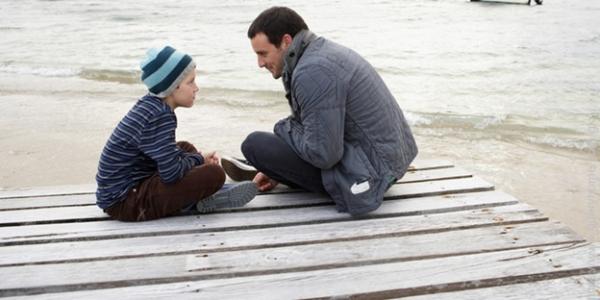The 2020 Theme of Safer Internet Day this year was “Together for a better internet.” For parents, this means educating their children to use technology safely and open a dialogue with children about their online activities. With children having access from infancy to teen years, parents must be vigilant.
Research shows that 60% of children use the internet at home, and many have personal devices to access the internet. Children are practically raised online these days. It isn’t that they don’t understand how to use the internet, but they need direction to use technology safely.

First Steps
Educating yourself first is a must. Research apps and websites that children gravitate toward and find out what they are looking at. Then when you’re talking with your kids, you can ask related questions, and if you sound like you know something about it, the discussion can expand, and they will be more open in sharing.
Showing a genuine interest in what your children’s activities are online is a great way to start the conversation. Talk to them when everyone is relaxed and keep the communication open and honest. Make the discussion without pressure and recognize their feelings, so the children see that you genuinely are interested and not being critical.
Approaching the situation by merely installing monitoring software can backfire, leading to resentment, and even shutting down communication. Older kids may try to find ways to circumvent your attempts to keep them safe. However, if there’s an ongoing issue with online safety, there’s software that can track their usage and help you stay informed about their activities.

Scams, Hoaxes, and Fakes
Many risks that children encounter online can look innocent enough to the untrained eye, so keeping communication clear is key for parents. Regularly discuss their online activity and teach them how to respond to threats they may come across. Let’s look at some common hazards.
Scams
Fraud today is a combination of old tricks and modern technology to relieve people of their hard-earned money. Point out that most scams are often full of grammatical and spelling errors, they ask for personal data, and that they are likely from outside the country. Make sure they understand never to give away identifying information, and that they tell you about any suspicious pop-ups or messages.
Hoaxes
We see misinformation daily on the internet. Being an informed parent includes knowing the difference between a hoax and a real online threat. Use a reputable fact-checking website to help your kids talk about it and discern whether it’s a truth or a hoax.
Deepfakes
Overlaying one person’s face over another in photos and videos is so common these days, and it has become more accessible for the average person to use with available technology. They are called Deepfakes for a good reason; at face value, it looks to be true. Point out to your children that small details like poorly reproduced hair, teeth, jewelry, or a poor quality image are the first signs of a probable deepfake, so it’s explained to them properly.

Cyberbullying
Bullying is not a new social problem; it has just evolved to include the internet as a tool to victimize others. Encouraging children to be clear and specific about an incident can help a parent determine what the appropriate response is. Keeping the child involved in the solution will help them regain control of the situation and empower them.
Hacking
Hacking isn’t just teenage mischief anymore. Ethical hacking helps prevent data from being stolen and being misused by malicious attackers. Teach children about the difference between legal and illegal hacking and direct them to develop their skills on websites that allow hacking. It could turn into a good-paying career for them.

Resources for Parents
It’s hard to keep up with all the advances and variety of technology that’s available today. Fortunately, solid advice to help parents is possible, and there are websites and publications specific to each stage of childhood. Being proactive, accessible, and setting a good example is the best way parents can protect their children in today’s online world.
